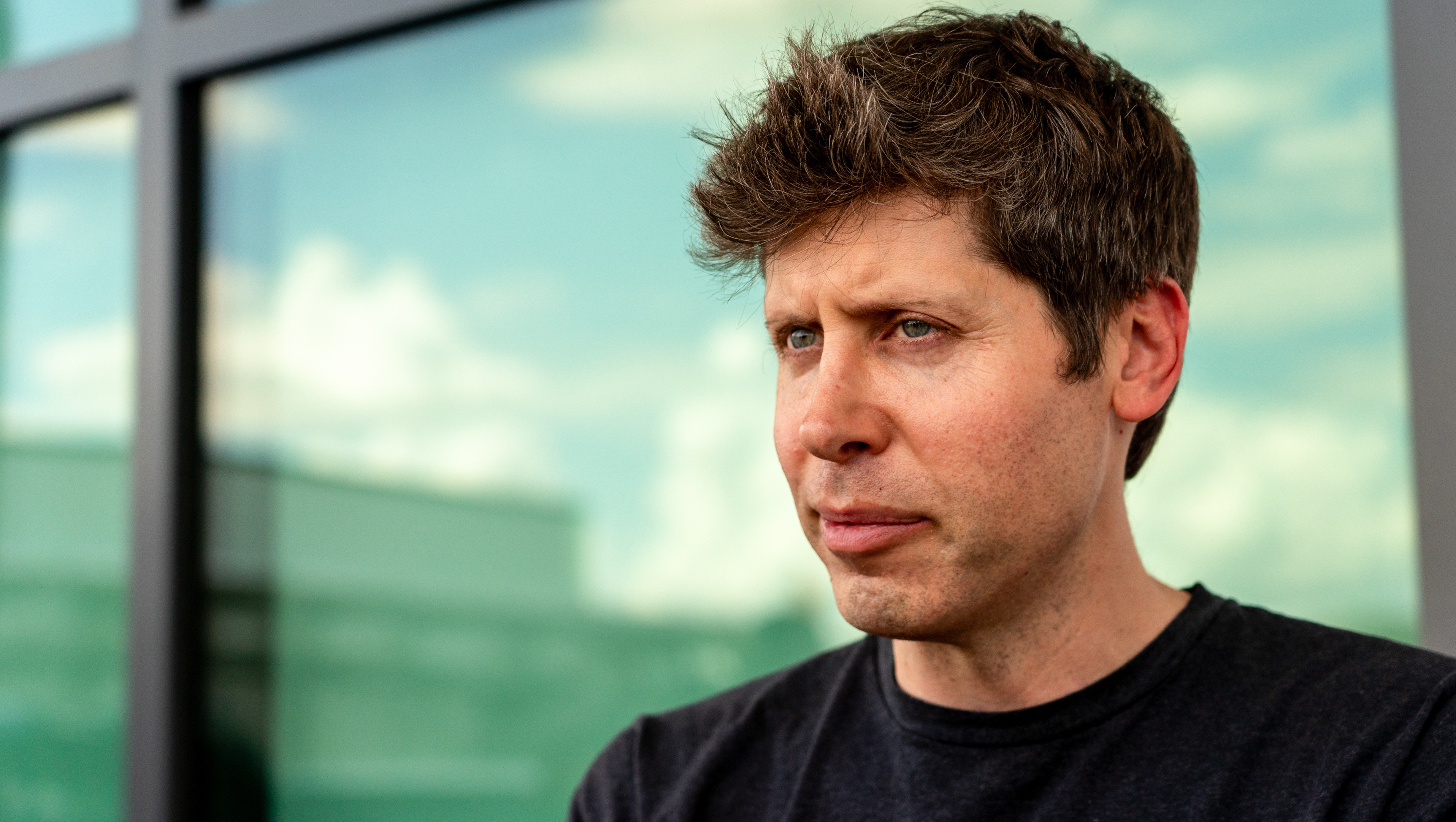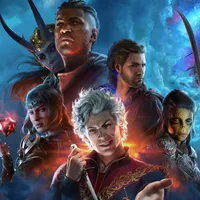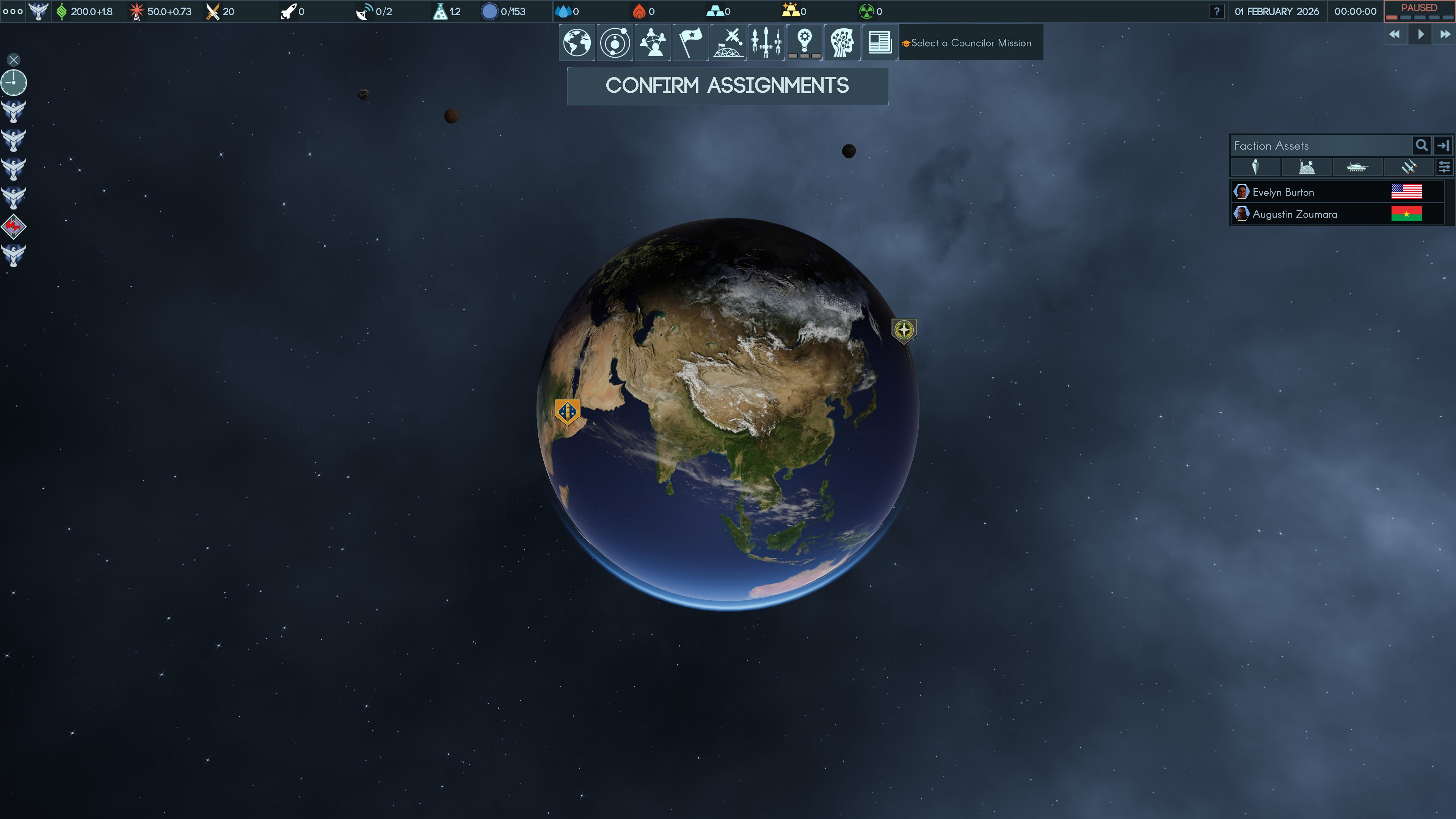Square Enix, Bandai, and other Japanese studios demand OpenAI stop using their content without permission, drop a not-too-subtle hint about legal trouble if it doesn't
Japan's Content Overseas Distribution Association has noticed that an awful lot of what comes out of Sora 2 "closely resembles Japanese content or images."

The Content Overseas Distribution Association, a Japanese industry group whose members include Square Enix, Bandai Namco, FromSoftware parent Kadokawa Corporation, and Cygames, has issued a formal notice to OpenAI demanding that it stop using its members content to train its Sora 2 video generation tool without permission.
In a way, it feels like this was bound to happen. The day after Sora 2, the latest iteration of OpenAI's text-to-video technology, went live, PC Gamer's Jess Kinghorn described the system as capable of "spitting out all of the soulless, AI-generated Studio Ghibli-style animation one could ever want." Just a few days later, someone posted a Sora 2-generated video of OpenAI CEO Sam Altman standing in a field with frolicking Pokémon, saying, "I hope Nintendo doesn't sue us."
All of this has attracted the attention of CODA, an organization founded in 2002 to combat piracy and promote Japanese videogames, film, music, animation, and television programs worldwide. Somewhat ironically under the circumstances, Nintendo is not a CODA member, although Studio Ghibli is.
"CODA has confirmed that a large portion of content produced by Sora 2 closely resembles Japanese content or images," the org said in a written request to OpenAI (via Game Developer).
"CODA has determined that this is the result of using Japanese content as machine learning data. In cases, as with Sora 2, where specific copyrighted works are reproduced or similarly generated as outputs, CODA considers that the act of replication during the machine learning process may constitute copyright infringement."
No legal action has been taken at this point, but CODA gently hinted that it's not above such things if push comes to shove: "According to media reports, it has been stated that Sora 2 responds through an opt-out system based on requests from copyright holders. However, under Japan’s copyright system, prior permission is generally required for the use of copyrighted works, and there is no system allowing one to avoid liability for infringement through subsequent objections."
Notably, Altman promised after his romping with Pokémon video (and a bunch of others) rolled out that OpenAI will "give rightsholders more granular control over generation of characters [in Sora 2], similar to the opt-in model for likeness but with additional controls." Perhaps presaging the CODA demand, he also acknowledged "the remarkable creative output of Japan—we are struck by how deep the connection between users and Japanese content is!"
Keep up to date with the most important stories and the best deals, as picked by the PC Gamer team.
CODA's request to OpenAI contains two demands: That OpenAI ensure that CODA members' content isn't used for AI training without permission, and that OpenAI "responds sincerely to claims and inquiries from CODA member companies regarding copyright infringement related to Sora 2’s outputs." I've reached out to OpenAI for comment and will update if I receive a reply.
2025 games: This year's upcoming releases
Best PC games: Our all-time favorites
Free PC games: Freebie fest
Best FPS games: Finest gunplay
Best RPGs: Grand adventures
Best co-op games: Better together

Andy has been gaming on PCs from the very beginning, starting as a youngster with text adventures and primitive action games on a cassette-based TRS80. From there he graduated to the glory days of Sierra Online adventures and Microprose sims, ran a local BBS, learned how to build PCs, and developed a longstanding love of RPGs, immersive sims, and shooters. He began writing videogame news in 2007 for The Escapist and somehow managed to avoid getting fired until 2014, when he joined the storied ranks of PC Gamer. He covers all aspects of the industry, from new game announcements and patch notes to legal disputes, Twitch beefs, esports, and Henry Cavill. Lots of Henry Cavill.
You must confirm your public display name before commenting
Please logout and then login again, you will then be prompted to enter your display name.


